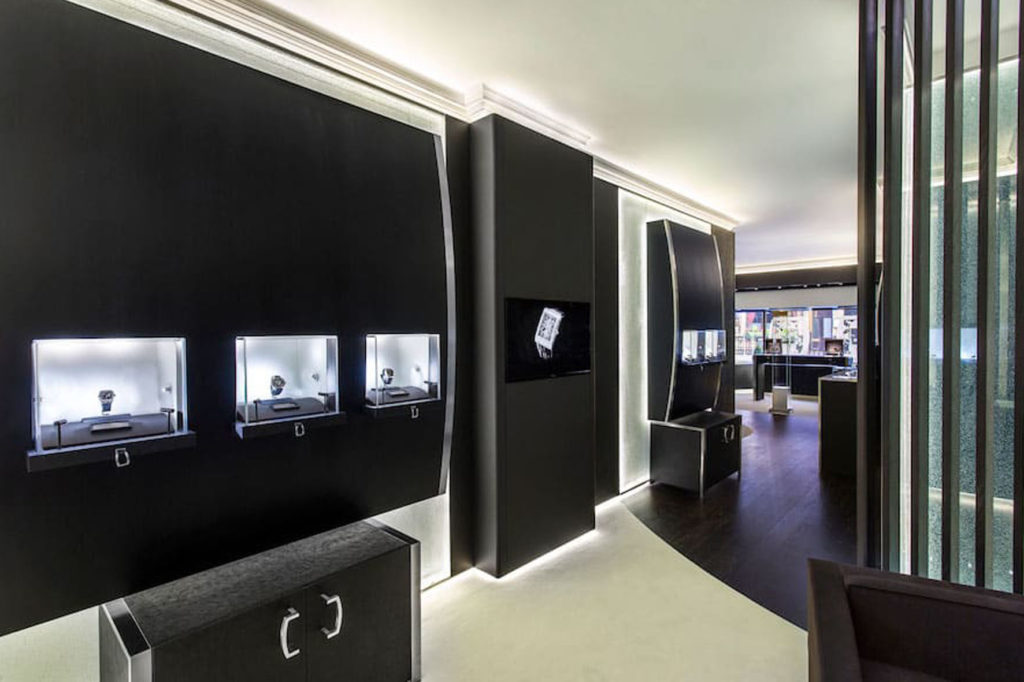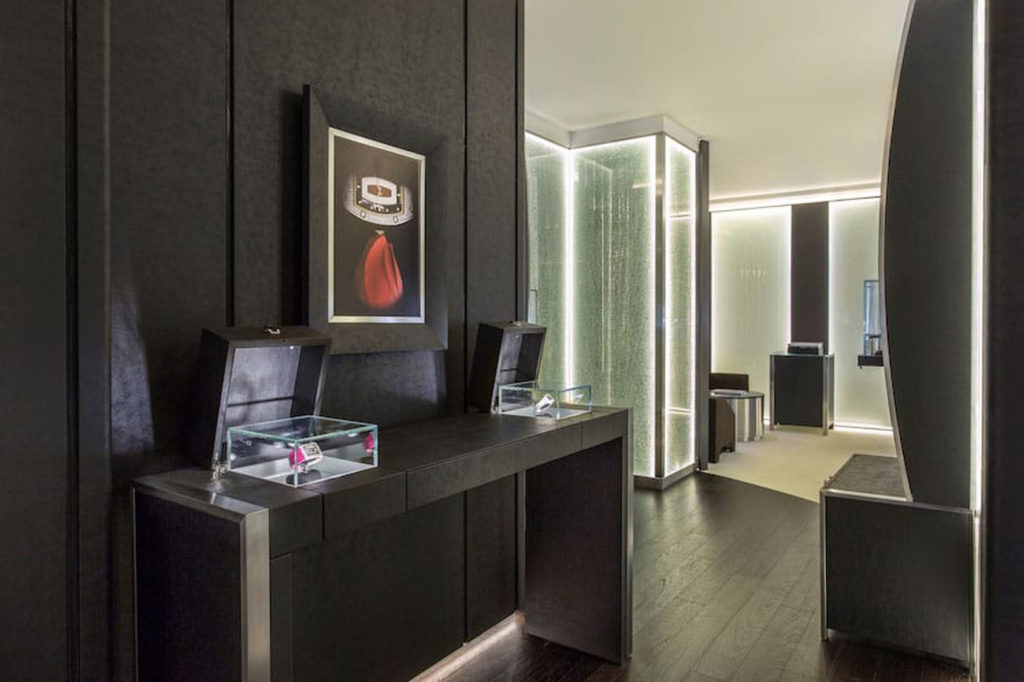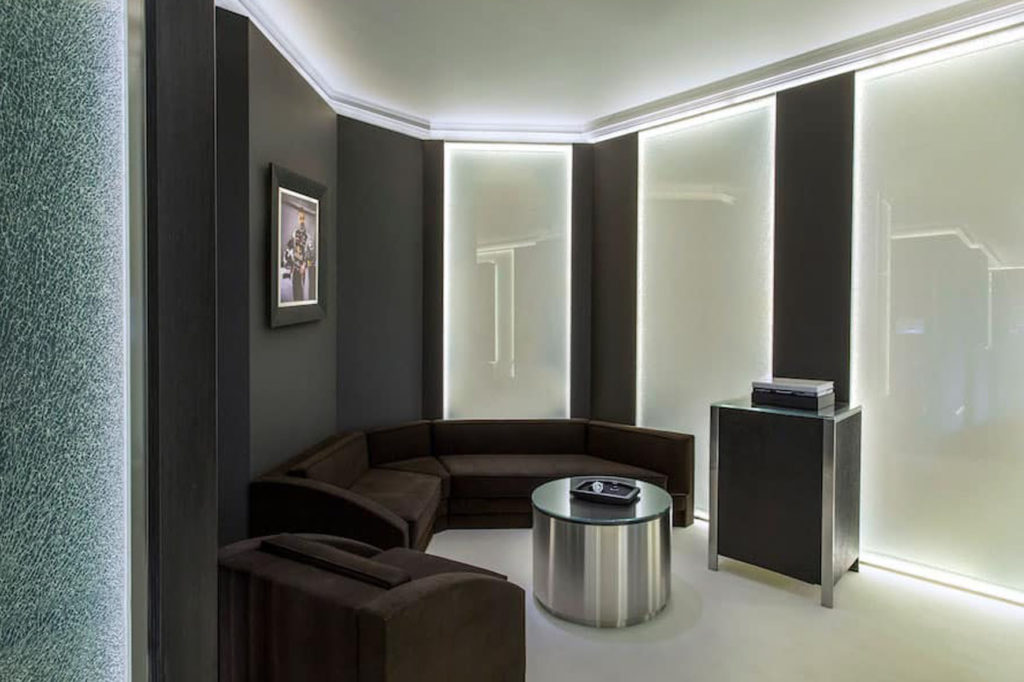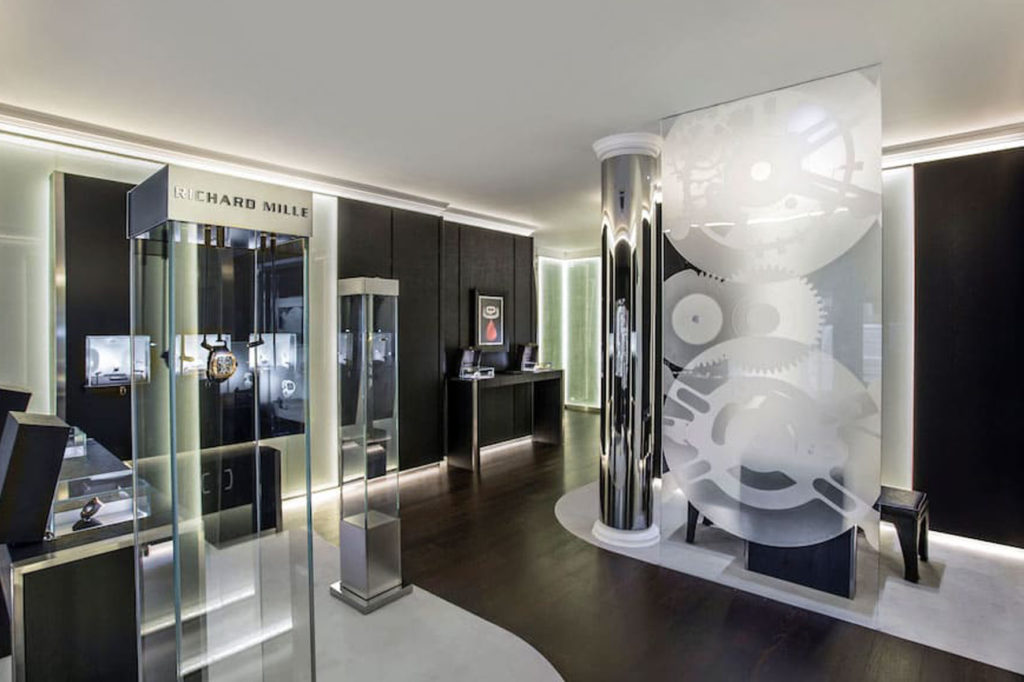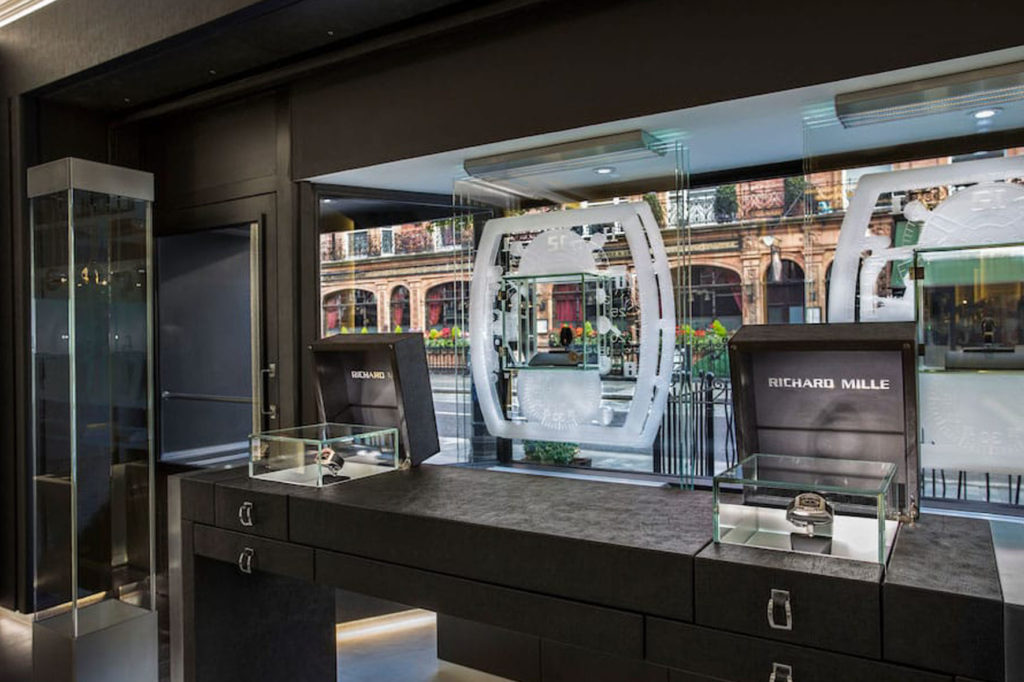The Revolution Of The Official Second Wrist
17 December 2020THE “PRE-OWNED” SEGMENT IN THE DIRECT CHANNELS OF HIGH-END WATCHMANKING BRANDS, AND THE BUYER’S EXPERIENCE IN A SECTOR THAT HAS ALWAIS BEEN RELUCTANT TO NOVELTY
The global market’s most advanced dynamics, as we will see shortly, are going in a very precise direction, putting as much emphasis as possible on “customer care” (that set of services provided to customers before, during and after the purchase of a product or service)–while the high-end watchmaking sector, historically, is little inclined to innovation and even less sensitive to transparency.
Capgemini – a world leader in consulting services with 265,000 employees in almost 50 countries around the world – tells us where to look. In a 2019 study entitled “Overcoming the Expectation Gap: The Customer Engagement Imperative,” Capgemini records that 80% of customers consider the shopping experience to be more important than the product itself. And this, my friends, is an atomic bomb on the certainties of the barons of our industry, focused more on profit margins than customer care.
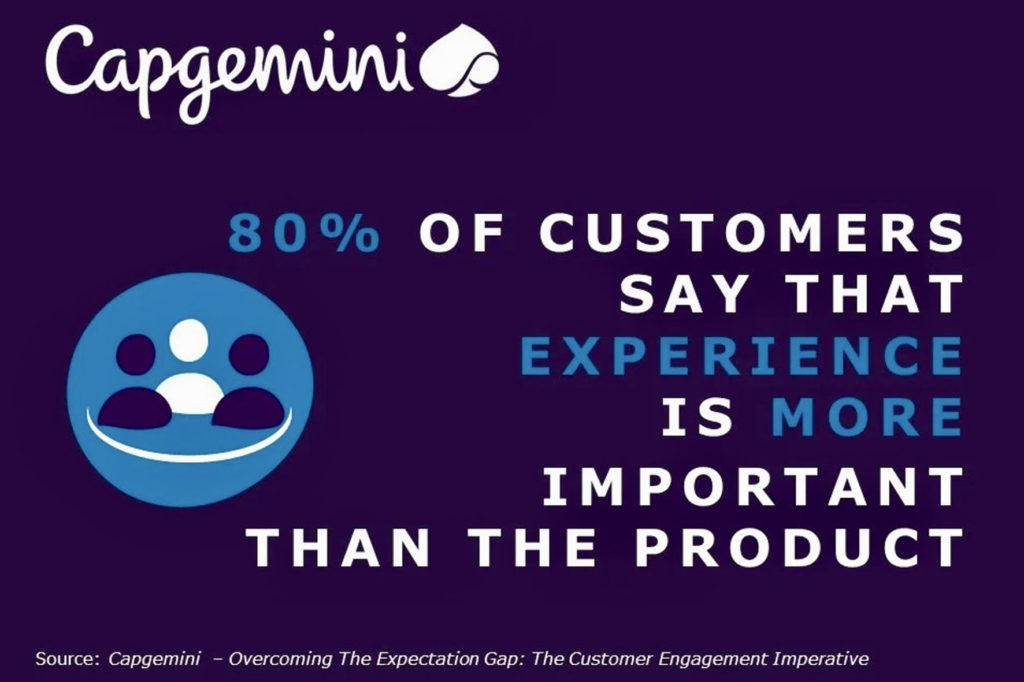
Then there is a wonderful phrase that always fits everything that concerns sentient human beings, in life, at work, everywhere. It is by Céline and it says so: “To arrive where one must in the state that one can.” A sentence written by one of the greatest writers in the history of mankind in the unforgettable Voyage au bout de la nuit, and that we can also apply to the latest strategies of the great contemporary watchmaking brands regarding such a fundamental theme as that of the second wrist proposed by official sales channels (single-brand boutiques or institutional sites).
LET’S BE CLEAR: FOR WATCHMAKERS, THE SECOND WRIST HAS ALWAYS BEEN CONSIDERED A WORSE NUISANCE THAN SELECTIVE WASTE COLLECTION
We all know how things worked until “yesterday.” Most of the official dealers never liked to handle used watches, not even their own, unless they were the waiting lists’ usual “hot reference.” And the most serious among them would tell you, in confidence: if you buy this model (and we are talking about all brands: big groups and independents, nobody excluded, even the legendary ones, except for the “hot references” – always them), then be aware that if you get tired of it I won’t be able to exchange it. Ah, well, okay. Single-brand boutiques: even worse. Second hand? “Poor guy,” says the expression on the face of the salesman – salesman who ironically makes the same salary as 80% of permanent employees in Italy. Ah, right, okay again.
Inevitably, with similar strategies, another market was born which today is dominated by the Chrono24 portal’s global extent. And that adds up a parallel ranking of the most famous official dealers with a turnover very similar to that of the top second-wrist dealers–until recently considered by the official world to be worse than the “middle world” of “Mafia Capitale.”
Now the official market is running two separate races. The waiting list race and the race of dusty window displays, of watches that do not even sell with a 30% discount. Inevitably, official multi-brand dealers have timidly started to deal with second-hand watches (certainly not all brands and models), withdrawing and exchanging them.
On the other hand, what do the brands upstream think? They remain on standby, meaning “time will tell,” for the good peace of mind of top managers and their super-salaries, who still consider managing second-wrist watches–and who instead could help remove some dust from the windows–like having to get rid of an Eternit roof.
THE AVANT-GARDE? BETWEEN THE GREAT F.P. JOURNE, AUDEMARS PIGUET AND RICHARD MILLE
For a sector on standby, waiting to understand how to behave, there is an avant-garde podium on which the most far-sighted elite brands stand, those that have proactively dusted off Céline’s epic sentence: “To arrive where one must in the state that one can.” It was F.P. Journe – one of the greats among the greats, always consistent with himself – the first to take the issue seriously and manage it openly in its boutiques.
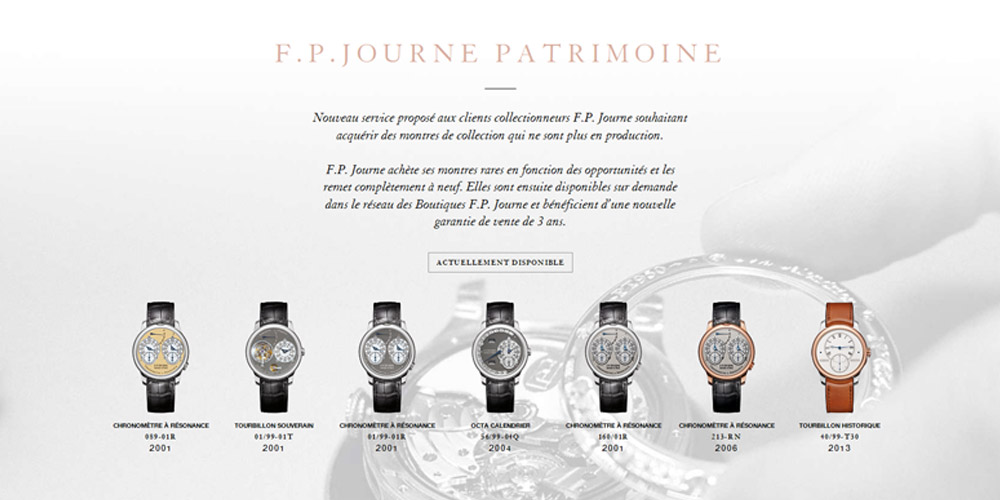
Audemars Piguet followed: since 2018, the brand has been testing the sale of second-hand products only in its Geneva boutique. And, third on the podium, Richard Mille who is doing the same through its London boutique Ninety, at 90 Mount Street–the first exclusive retailer of its own used watches in Europe and the Middle East. The latter is, by choice, much more difficult to find than other super-exclusive products, even as a point of sale for new watches. And this first step in managing second-hand watches – which one day perhaps will be extended to all boutiques around the world – has the potential to accelerate further the success of the brand.

In addition, among the far-sighted, three other high-profile independent brands should be mentioned for their official handling, with institutional seriousness, of their second-wrist models issue. And they are three manufactories based in Geneva: MB&F and Urwerk, which sell their used watches directly on their e-commerce platforms, and Meccaniche Veloci –by the very Italian Cesare Cerrito – which collects its used models in Plan-les-Ouates ahead of a new model’s purchase.
CONCLUSION: THE INSTITUTIONAL “PRE-OWNED” IS A LEVER NOT TO BE UNDERSTIMATED TO ENHANCE THE PURCHASING EXPERIENCE
The management of the second-hand business directly by the official houses is a well-established practice in other sectors (such as automobility), with dedicated services and guarantees. In watchmaking, we are at the dawn of sporadic initiatives by independent brands, with the “deafening silence” of the large groups: Kering, LVMH, Richemont and Swatch.
Without even entering into complex evaluations on how much the controlled sale of used watches can affect new watches sales, managing pre-owned watches sales can certainly help brands to keep used watches’ value and flow under control and, above all, can guarantee the customer a seamless purchase experience including, if desired, home delivery. And this is the point, in a world–of consumers–that considers the shopping experience to be more important than the product itself. This is what we must bet on, even if we already make a trillion trillion dollars: transparency, trust and seriousness. And not only in the watchmaking industry.
By Michele Mengoli

